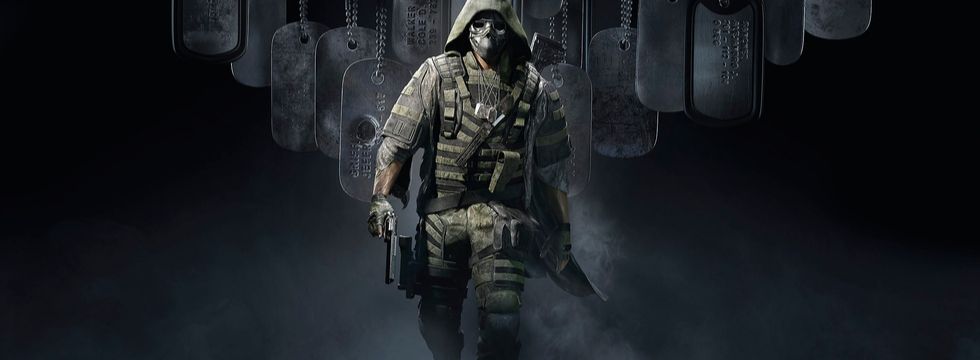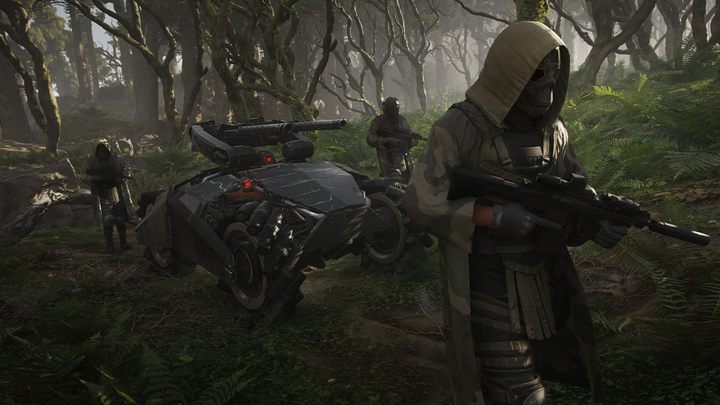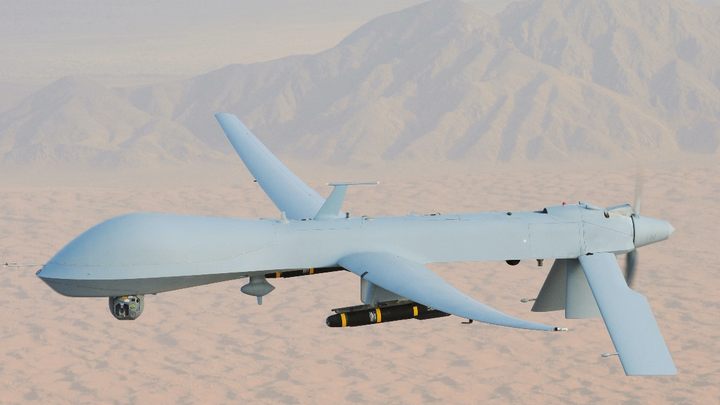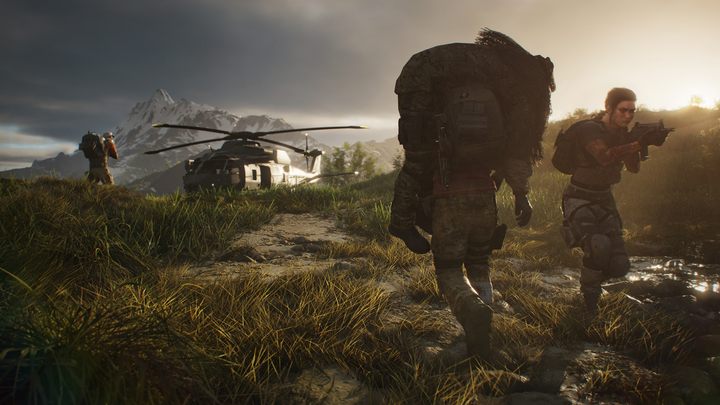Specialization – a commando learns all life. How to Become a Commando – interview with soldier

- How to Become a Spec-Op – Former GROM Operator Talks Difficult Beginnings
- Specialization – a commando learns all life
Specialization – a commando learns all life
We are used to selecting soldiers classes in games – snipers, support, medics and so on. Things are actually similar with spec-ops, but the choice is much broader than in most games. A modern military operation wouldn't be possible without a JTAC (Joint Terminal Attack Controller) that coordinates the efforts. In a nutshell, this is a person who let's the airforce know, for example, where a supply drop is required to enable the ground troops to complete the task and get home safe.
The breacher is an equally important member of the team – this soldier's responsibility is setting up breach charges to open passages, and create vantage points. There are also medic, who's job is rather obvious. Commandos often use snipers as well, although, of course, differently than in games – they are supported by spotters.
The courses for snipers, sappers, and medics, etc., are done during the basic course, and really never end. New knowledge always needs to be applied, so you always need further training, learn to use new gear, master their instincts. More importantly, each member of a combat section must have more than one specialization. An operation can't be aborted just because a single specialist on the team was injured.
Not just fangs, or an amputee commando

Another Hollywood simplification – special units are exclusively heavily armed commandos. That's not quite true. Modern battles do not begin with the first shot and are not limited to the battlefield itself. That is why the operators are backed by a number of specialists from completely different areas.
All this area of communication, drones, operational work, recon, and analytics. These people are no less elite, even if they have bottle-thick glasses. We only execute the operation, and there's a legion of hardworking people before that.
Naval
So, while the combat section requires physical fitness, resilience, and dedication, the needs of a special unit go far beyond that, and people, who don't actually look like spec-ops at first glance can also dream (and not only dream) of working in such a formation.
In addition to being strong and fit, being literate in new technologies is also important. Let's exaggerate here – say we have a young lad without a leg, but he's great in operation systems, and would make a fantastic drone operator. Would you allow him to work in spec-ops?
Naval

My answer was obviously "yes," and Naval agreed. Special units are increasingly dependant on new technologies. They have access to cutting-edge equipment, which gives them a huge advantage. Just like night and thermo vision have Naval's team an edge over poorly equipped mob on the streets of Baghdad. This means that the special forces need people to drive cars, pilot helicopters, maintain equipment, analyze satellite images, and so on.
CAN A WOMAN BE A SPEC-OP?
As I wrote above, not every member of a special unit is a member of the combat section. Women serve in the special forces, but how often do they go directly into action? I asked Naval about it.
I'll use sports as an example. Let's have a 100-m race. There will be a number of women that will arrive on the finish line before a number of men; some of them would be there before me or you. If there's a girl able to match the best of the best, there's no reason she should be denied service in spec-ops. And there of course are women in spec-ops, but I've never heard about on in a combat section.
Commando's in the head, not muscles
In order to get the best of the best, you need proper selection. To choose those who are really able, and this often means choosing not physically the strongest, but mentally. Those who do not give up; they have more will and character.
Look at it differently. You need to pull up 20 times on a bar. A guy comes and pulls up 20 times, no sweat. He could easily do 20 more, he's strong, but he stops there. Comes the second guy. Barely makes it to 14, struggles as hell to get 15, swinging his legs and pulling his chin, he gets to 16. On 17 he can't do any more, but hangs on handle, still trying to pull one more. Who will you hire?
Naval
The answer is not so obvious. Who is better: the one who saves energy and accurately performs the task without squander, or the one who does not cope, but tries? Personally, I had a problem with answering this question, but GROM has the experience and they know the answer.
Being a soldier of special forces is like being an athlete. It's not a 9 to 5 job. The first type finishes after 8 hours and goes home. The one who pulled up 14 times and tried further will strive and develop. We can teach him to do 20 pull-ups, it is not a problem; what's important is that he won't tell you "he's done working for today." So we tell candidates that we need 20 pull-ups from them, but they're free to do as many as they can. We want those who go to the maximum.
Naval

It all seems simple. Listening to Naval, we can get the impression that the only thing that makes a spec-op is will. Most of us, however, easily give up. We give up a movie if the queue to the cinema is too long, we give up a football game because it's raining. Let's face it, most of us doesn't have what it takes to be a spec-op.
You need more than just motivation. It takes great dedication to opt for a job that requires giving up all creature comforts, and then has you put your very life at risk. I suspect most of us find it hard to even comprehend.
But still, everyone would like to feel, even for a moment, as the best of the best. The modern God of War. That's why games with special operators doing dangerous missions behind enemy lines are so popular. When playing the next military action shooter, though, bear in mind the perils that the real commandos have to go through to become who they are.
This article was created in collaboration with Ubisoft, the publisher of Ghost Recon Breakpoint.
